Search
Remove Ads
Advertisement
Summary 
Loading AI-generated summary based on World History Encyclopedia articles ...
Search Results
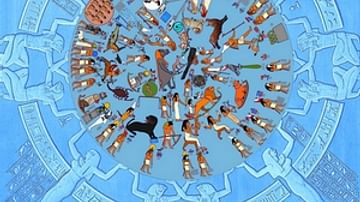
Definition
Hellenistic Astrology
Hellenistic astrology encompassed various forms of divination in Greece and the Mediterranean, all linked to the observation of astronomical phenomena. Hellenistic astrology was based on the belief that the stars and planets could either...

Definition
Hellenistic Period
The Hellenistic Period is a part of the Ancient Period for the European and Near Asian space. The use of this period is justified by the extent of the Hellenic culture in most of these areas, due to the Greek political presence especially...
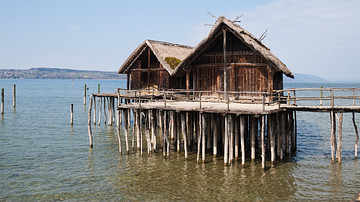
Article
Prehistoric Alpine Stilt Houses
Alpine stilt houses are a unique and fascinating aspect of prehistoric architecture in the Alps, which provide valuable insights into the lives and culture of the ancient communities. The houses were built by prehistoric communities living...

Article
Prehistoric Hunter-Gatherer Societies
Hunter-gatherer societies are – true to their astoundingly descriptive name – cultures in which human beings obtain their food by hunting, fishing, scavenging, and gathering wild plants and other edibles. Although there are still groups of...
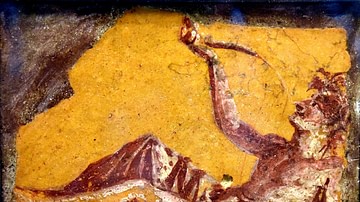
Article
Wine Culture in the Hellenistic Mediterranean
The culture of drinking wine was enjoyed throughout the Mediterranean world, and what is true now was true in antiquity, too: wine is always good business. The Hellenistic Period (c. 335-30 BCE), between Alexander the Great and Cleopatra...
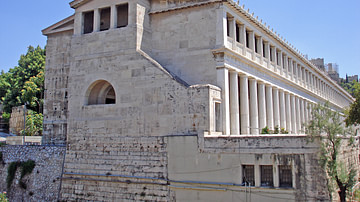
Article
Athens in the Hellenistic World
When we think about ancient Athens, it is almost always about the classical city. We think of such things as its numerous monuments (the Parthenon on the Acropolis for example), beautifying everywhere, the Agora swarming with people doing...

Definition
Hellenistic Warfare
When Alexander the Great died in 323 BCE, he left behind an empire devoid of leadership. Without a named successor or heir, the old commanders simply divided the kingdom among themselves. For the next three decades, they fought a lengthy...
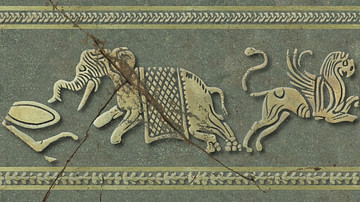
Article
Elephants in Hellenistic History & Art
Elephants were thought of as fierce and frightful monsters in antiquity, very real though rarely seen until the Hellenistic period. They were deployed on the battlefield to strike terror into the enemy, however, since fear was considered...
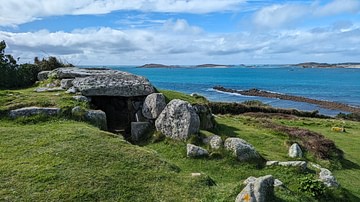
Image Gallery
Prehistoric Isles of Scilly
The Isles of Scilly are a small island group west of Cornwall. Despite their small size, they abound in prehistoric sites dating from the Stone Age to the Bronze Age, including cairns, burial chambers and passage graves. While prehistoric...
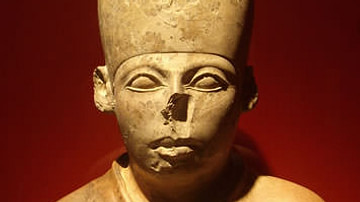
Definition
Second Dynasty of Egypt
The Second Dynasty of Egypt (c. 2890 - c. 2670 BCE) rose from the turmoil which ended the first and was marked by uprisings (or, at least, internal difficulties) throughout. The precise cause of this civil unrest is unclear as sources for...